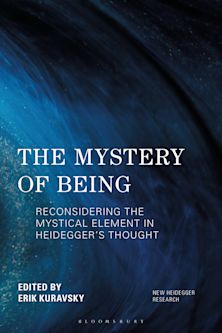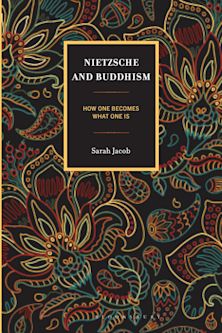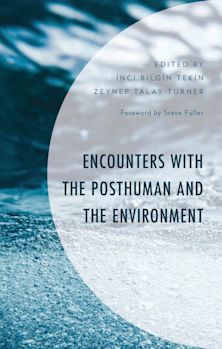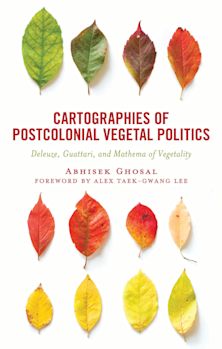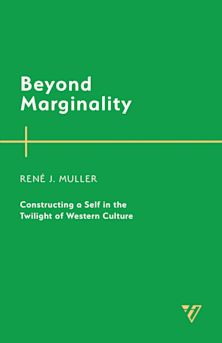- Home
- ACADEMIC
- Philosophy
- Philosophy - Other
- Schelling on Truth and Person
Schelling on Truth and Person
The Meaning of Positive Philosophy
Schelling on Truth and Person
The Meaning of Positive Philosophy
You must sign in to add this item to your wishlist. Please sign in or create an account
Description
Positive philosophy is the name that Friedrich Schelling (1775–1854) gave to a new type of philosophizing that stands in contrast to the so-called negative philosophy that is predominant in modern rationalism. But what exactly is positive philosophy? Schelling on Truth and Person: The Meaning of Positive Philosophy argues that its meaning lies in a distinctive view of the human person as a seeker of truth. Truth is presented as historically woven in the movement of life with the phenomena of mythology and religion that reveal the human being's falling away from and return to the truth. Nikolaj Zunic demonstrates that this novel understanding of truth accompanies the development and expression of positive philosophy itself. The anthropological dimension of truth relates to self-knowledge, the soul, spirit, and personality, and Schelling’s positive philosophy sheds light on the grand themes of the meaning of life, the ontological question (why is there something rather than nothing?), the enigma of knowledge and reason, and the affirmation of the existence of God. This book will appeal to students and scholars interested in Schelling's late philosophy as well as broader questions in philosophy concerning meaning, truth, human nature, and rationality.
Table of Contents
Abbreviations
Introduction
Part One: Truth in the Movement of Life
Chapter One: The Crisis of Philosophy
Chapter Two: The Presupposition of Positive Philosophy
Chapter Three: The Foundation of Truth
Chapter Four: Truth and Faith
Chapter Five: Truth in Philosophy: The Greek Nous and the Christian Logos
Part Two: The Revelation of the Person
Chapter Six: The Task of Self-Knowledge
Chapter Seven: Soul
Chapter Eight: Spirit
Chapter Nine: Personality
Epilogue: The Contradiction and Struggle of Life
Bibliography
About the Author
Product details
| Published | Aug 09 2022 |
|---|---|
| Format | Ebook (PDF) |
| Edition | 1st |
| Extent | 1 |
| ISBN | 9781978787322 |
| Imprint | Lexington Books |
| Series | Contemporary Studies in Idealism |
| Publisher | Bloomsbury Publishing |
About the contributors
Reviews
-
This is a critical contribution to the reception of Schelling’s late philosophy, especially the positive philosophy, both in itself and as it relates to the negative philosophy. Zunic thoughtfully organizes his analysis around the problem of a philosophical anthropology and includes a refreshingly lucid account of the philosophy of mythology and revelation.
Jason Wirth, Seattle University
-
In accessible and polished prose, Zunic gives us a fresh reading of the late Schelling. Breaking with a-theological trends in current Schelling scholarship, Zunic argues that Schelling's main contribution is to the Augustinian tradition of Christian anthropology. For Zunic's Schelling, we are essentially God-positing beings, and we cannot rest until our fallen relation to the living God is restored. Truth and Person is a profound, meditative, and creative work of careful scholarship.
Sean McGrath, Memorial University

ONLINE RESOURCES
Bloomsbury Collections
This book is available on Bloomsbury Collections where your library has access.


















